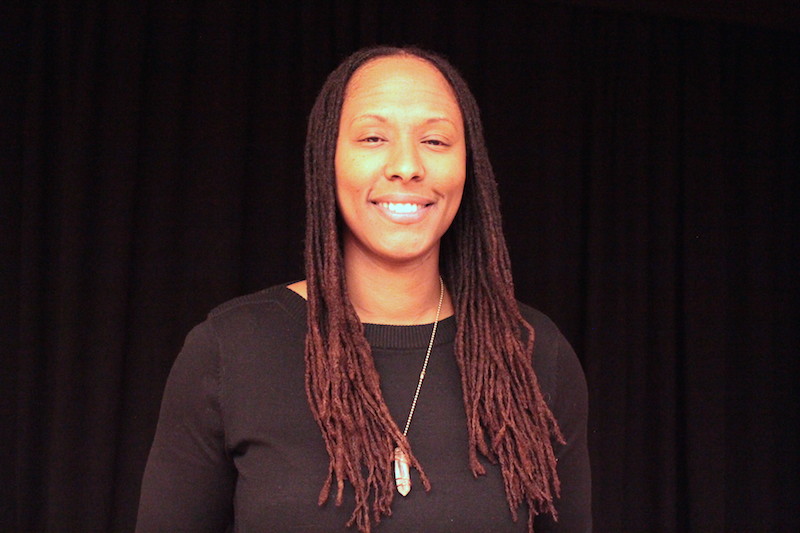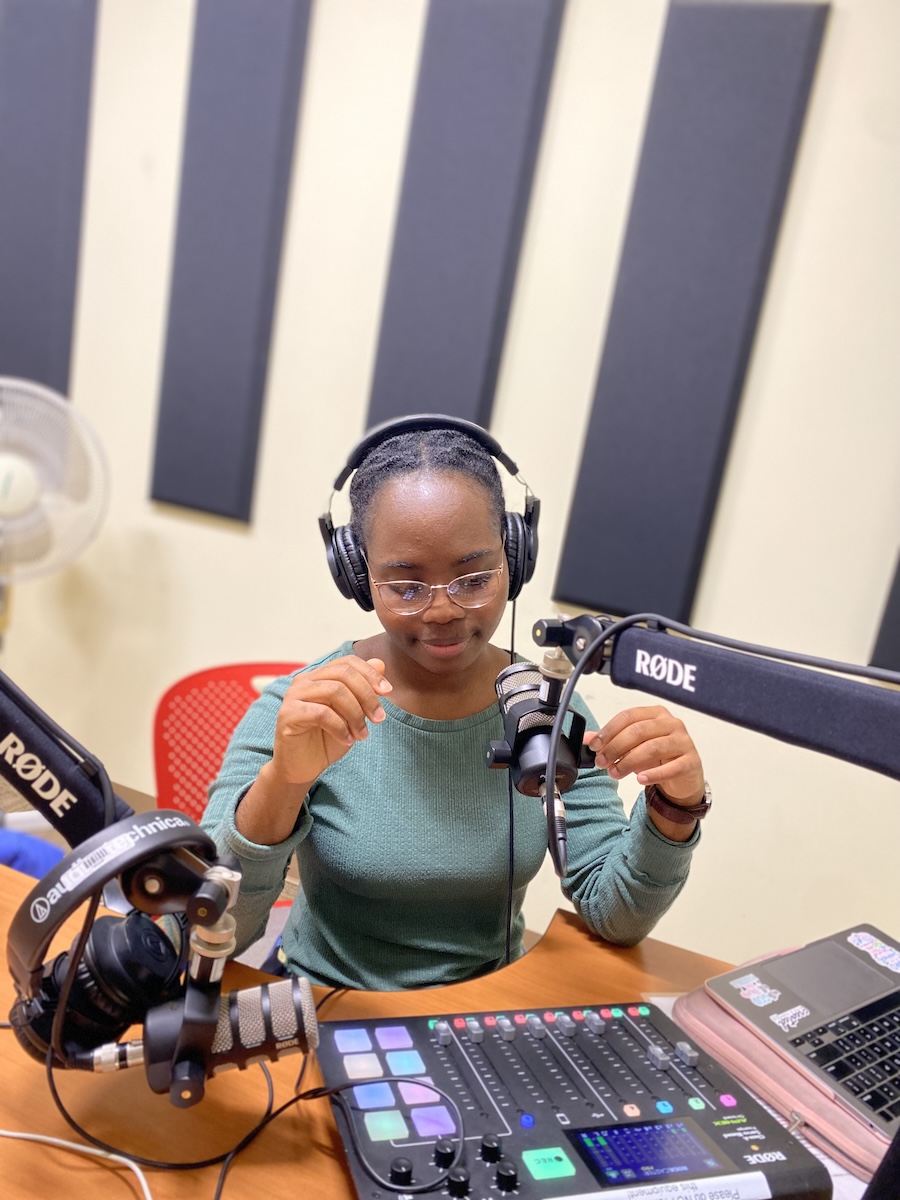Basketball Legend Chamique Holdsclaw Discusses Mental Illness
By Maurice Asare ’19
A wide array of people — from student athletes to alumni — came out to hear Chamique Holdsclaw’s recent presentation in Kresge Auditorium about her successful basketball career and her struggles with mental illness.
Holdsclaw, a six-time Women’s National Basketball Association All-Star, three-time NCAA Champion and Olympic gold medalist, has devoted her post-basketball life to promoting mental health and wellness activism.
At her Bowdoin presentation, she first screened a documentary, Mind|Game: The Unquiet Journey of Chamique Holdsclaw, which chronicles her biography and battle with bipolar disorder. She then shared advice and insights about her career and the many obstacles she has endured. Also during her visit, she spent some time with the women’s basketball team.
Way to go @bowdoincollege Bears!!! Glad I could swing by practice.… https://t.co/DB1idXsbjG
— Chamique Holdsclaw (@Chold1) February 2, 2017
In a society that often regards athletes as impenetrable and formidable, athleticism and mental disorders can seem mutually exclusive, Holdsclaw noted. As a female basketball player in the WNBA, she set a precedent in women’s basketball, with many likening her to NBA legend Michael Jordan. But while her career skyrocketed, garnering her many accolades, her personal life became overshadowed by her mental disorder.
Like many public figures, Holdsclaw struggled to carve a semblance of balance in her day-to-day life. But her ability to maintain normalcy faltered after her grandmother’s death and her father’s diagnosis with cancer. She began to use her sport as a method of coping, investing a significant amount of time at practice.
Initially, she had an uptick in performance. This improvement in her professional career, however, was short-lived. Her personal chaos eventually caught up with her and Holdsclaw’s career plunged. The remainder of the documentary follows Holdsclaw’s diagnosis with bipolar disorder, and her path back to health and to the limelight.
Following the film, Holdsclaw joined a panel of four, including Bowdoin’s Director of the Resource Center for Sexual and Gender Diversity Kate Stern and Director of Student Counseling Services Bernie Hershberger, as well as two mental health practitioners. The panel answered questions and commented on issues surrounding the stigmatization of mental diseases.
Many audience members, moved by Holdsclaw’s story, shared testimonies about their own experiences with mental health. Organizer Kate Stern remarked, “I was really touched at how [Holdsclaw’s] vulnerability and strength seemed to bring those [same qualities] out of so many people in the audience.”
Thanks for the support. You guys rock best of luck in all y’all do. https://t.co/l8OT4GQvdT
— Chamique Holdsclaw (@Chold1) February 2, 2017



